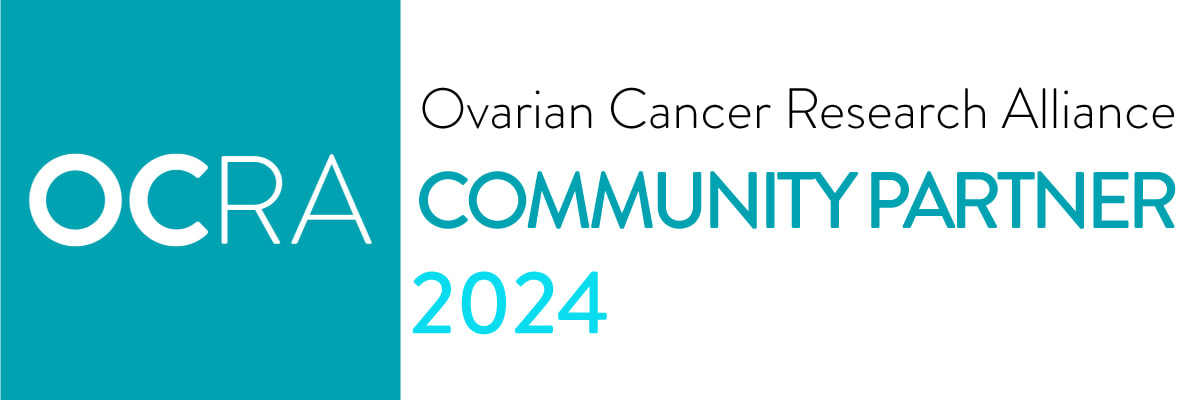|
The first low-grade serous ovarian cancer research to receive funding from STAAR Ovarian Cancer Foundation has been published in the British Journal of Cancer.
STAAR partnered with Cure Our Ovarian Cancer to contribute $70,000 to research by Dr. KK Wong of University of Texas MD Anderson Cancer Center. The research investigated estrogen signaling in low-grade serous ovarian cancer (LGSOC) to better understand how the cancer cells use estrogen. “This is a unique opportunity to study the complex and elusive estrogen receptor signaling pathway in low-grade serous ovarian cancer, which would hopefully result in a successful and improved anti-hormone therapy,” Wong said. FINDINGS The paper, The Prognostic Value of MEK-pathway associated estrogen receptor signaling activity for female cancers, looked at the estrogen receptor (ER) signaling pathway activities of breast, ovarian, endometrial, and cervical cancers to identify which may predict endocrine therapy responsiveness. Because endocrine therapy has been shown to be effective against breast cancer cells, but not reliably against other gynecologic cancers, Wong's research sought to understand the role of ER signaling activity in the development of gynecologic cancers by looking at the difference of the pathway activation between normal and tumor tissues. The research found that ER signaling is prognostic for gynecological cancers and that MEK pathway activity is associated with ER signaling in patients with the gynecologic cancers. Targeting both the estrogen receptor and MEK pathways (a chain of proteins associated with cell growth) may aid the development of endocrine therapy strategies. IMPLICATIONS FOR LOW-GRADE SEROUS OVARIAN CANCER "We found that our approach can better predict the response of patients to endocrine therapy, including [those with] LGSOC," Wong said. "In addition, we identified a few genes which are associated with endocrine therapy resistance." Previous research has shown that hormonal maintenance therapy--such as aromatase inhibitors Letrozole, Anastrozole, and Exemestane—can result in a lower risk of progression in patients with stage II-IV low-grade ovarian serous carcinoma. The paper also discusses some previous studies into endocrine therapy for ovarian cancer: "Letrozole has been suggested to be valuable as a maintenance treatment of high-grade serous ovarian cancer, especially in patients with chemoresistance or residual disease. Another retrospective study indicates that endocrine therapy could be a practical strategy to postpone subsequent chemotherapy for relapsed high-grade serous ovarian cancer. From a phase II study of anastrozole in patients with estrogen receptor-positive recurrent/metastatic low-grade ovarian cancers and serous borderline ovarian tumors, partial responses were only observed in 14% patients." "It is important to identify patients who will benefit the most from endocrine therapy and avoid unnecessary treatment for patients who will not respond," Wong said. Wong also is researching patient resistance to the MEK inhibitor trametinib in another STAAR-funded study. LGSOC has fewer treatment options than the more common high-grade serous ovarian cancer. It also tends to be diagnosed in younger patients, with an average age at diagnosis of 45, compared to 62 people for high-grade. Because the cancer cells are slower-growing than high-grade cells, they tend to be resistant to chemotherapy. The average prognosis for LGSOC is about 9 years. STAAR Ovarian Cancer Foundation is the only U.S.-based nonprofit dedicated to low-grade serous ovarian cancer. It has contributed more than $500,000 to research low-grade serous ovarian cancer since its founding by three women with LGSOC in 2020.
0 Comments
|
Archives
April 2024
Categories |

 RSS Feed
RSS Feed

